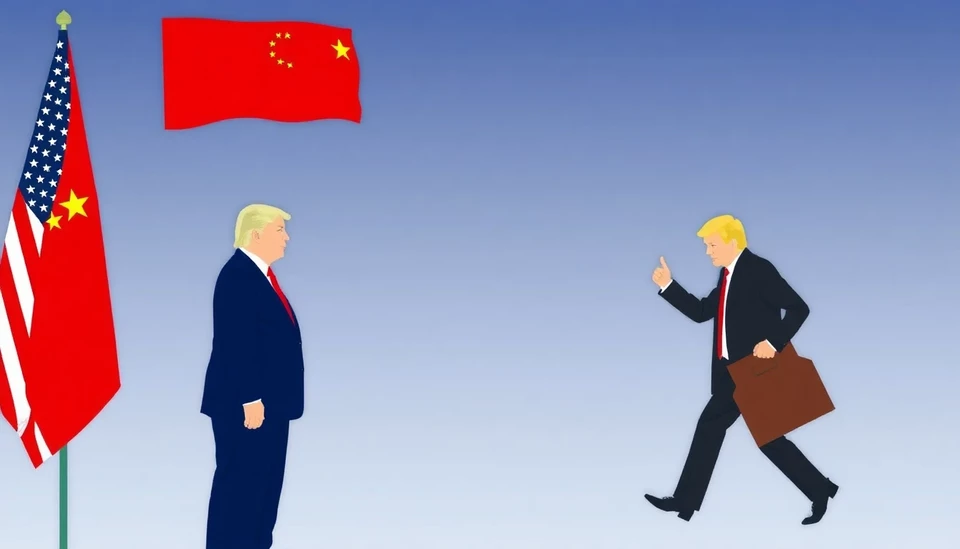
In the early weeks of Donald Trump's presidency, a noticeable shift has emerged in the economic relations between the United States and China. Reports indicate that tensions are escalating, fueling concerns among businesses and markets about the implications of a possible trade war. This change comes as Trump's administration takes a hardline approach towards China, challenging long-standing diplomatic norms and economic policies.
One of the most prominent features of this new era in US-China relations is the potential for tariffs that could significantly impact the flow of goods between the two countries. Trump's administration has signaled its intent to renegotiate trade agreements in a bid to reduce the substantial trade deficit that the US faces with China. The implications of these changes are vast, not only for the economies of both nations but also for global markets that are closely intertwined with both economies.
As part of his administration's strategy, Trump has expressed skepticism over the benefits of existing trade agreements, suggesting that they have largely favored China at the expense of American workers and industries. This perspective has resonated with his core supporters, who are concerned about manufacturing jobs moving overseas and the impact of globalization on domestic employment.
In response to this rhetoric, China has been preparing for a potential trade rivalry. Experts suggest that Beijing is strategizing on how to respond to looming tariffs and navigating a difficult diplomatic landscape. The Chinese government has signaled its unwillingness to back down, emphasizing the importance of multilateral trade agreements and defending their economic interests vigorously.
Furthermore, the broader implications of a trade confrontation extend beyond tariffs alone. There is growing concern about issues such as intellectual property theft, currency manipulation, and market access that have long been points of contention between the two economic giants. Trump’s stance may intensify these disputes, fostering an environment where firms may reevaluate their investment strategies in China.
As the situation develops, investors and corporate leaders are left to navigate an increasingly uncertain landscape, grappling with the potential ramifications of the Trump administration’s economic policies. The heightened volatility in US-China relations is likely to have wide-reaching effects on global supply chains and the overall stability of the international market.
In summary, the early days of Donald Trump's administration are shaping up to be a critical juncture in US-China economic relations. The move towards stricter trade practices and the potential for tariffs not only marks a departure from past policies but may also usher in a period of significant instability that could redefine global trade dynamics in the years to come.
#TradeWar #USChinaRelations #Economy #TrumpAdministration #GlobalMarkets
Author: Laura Mitchell




